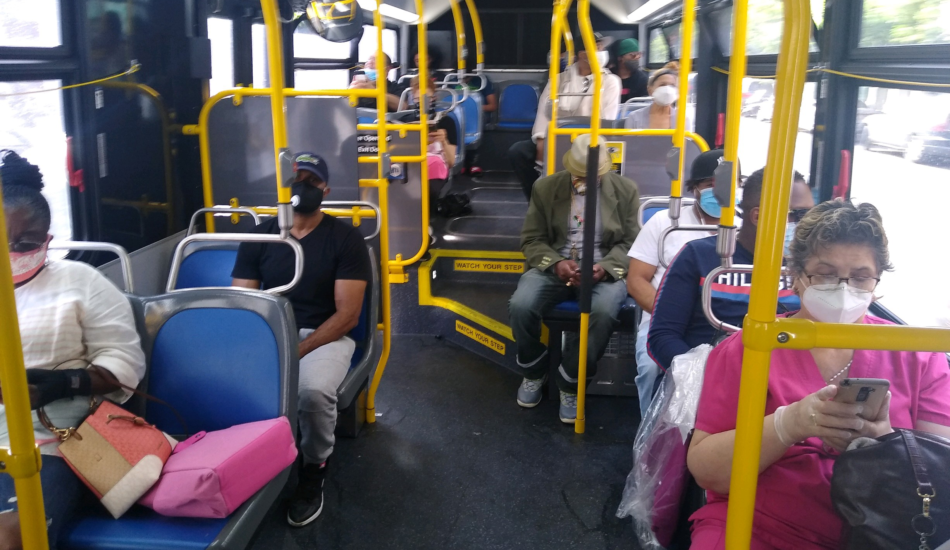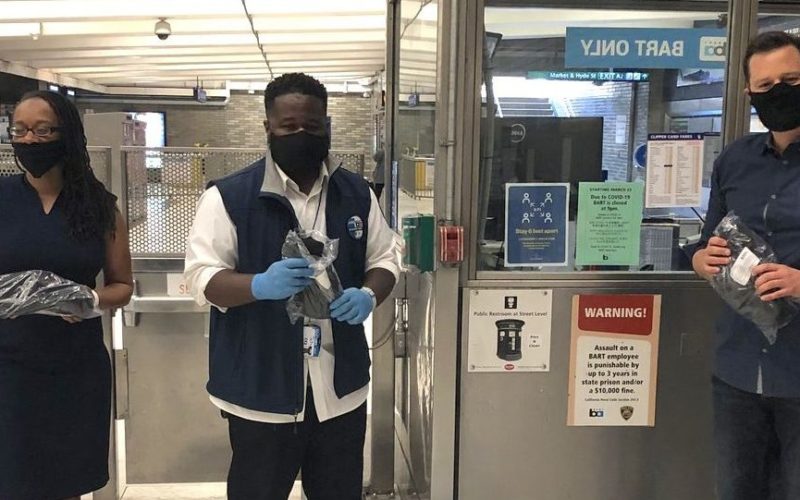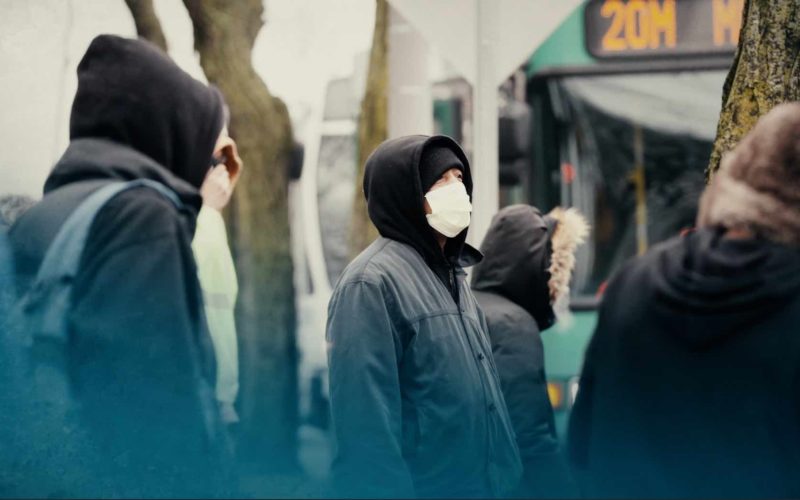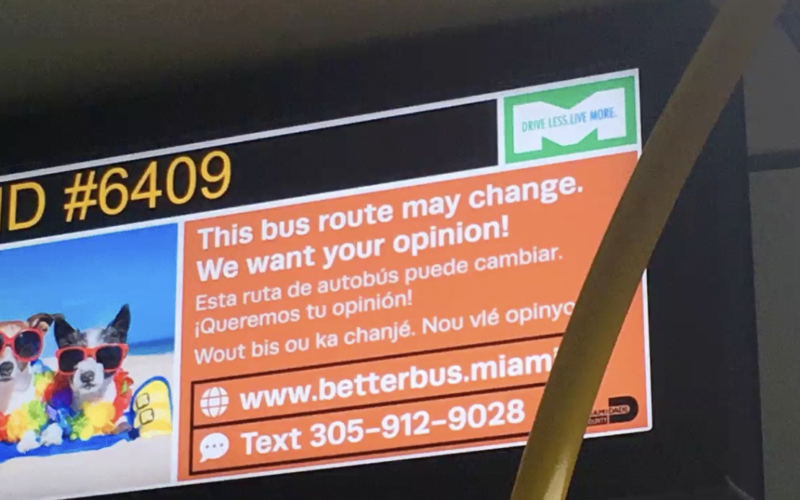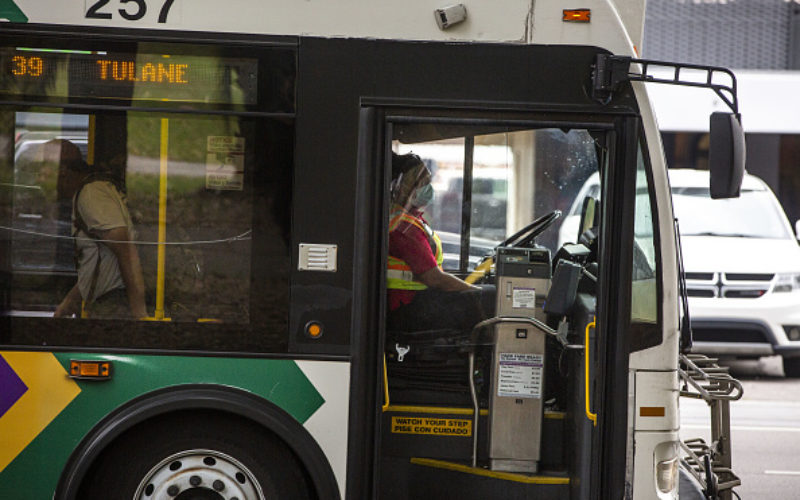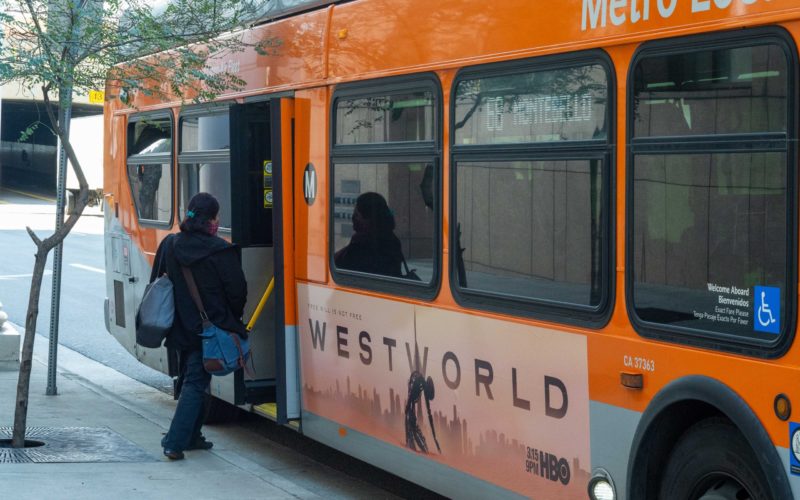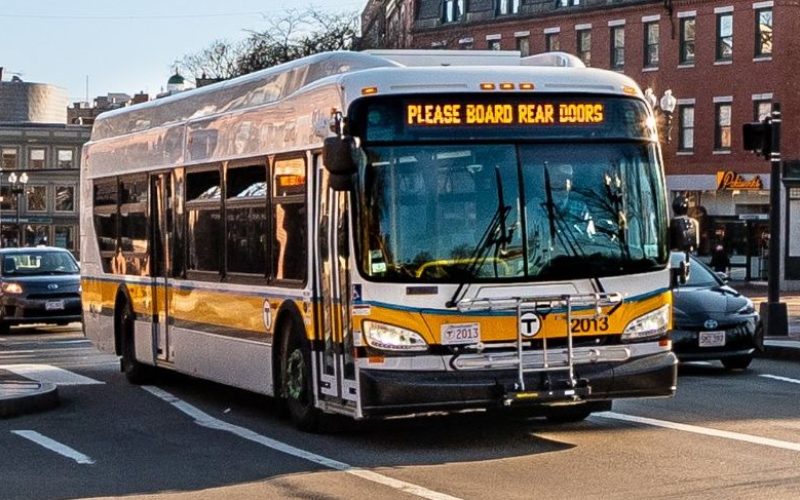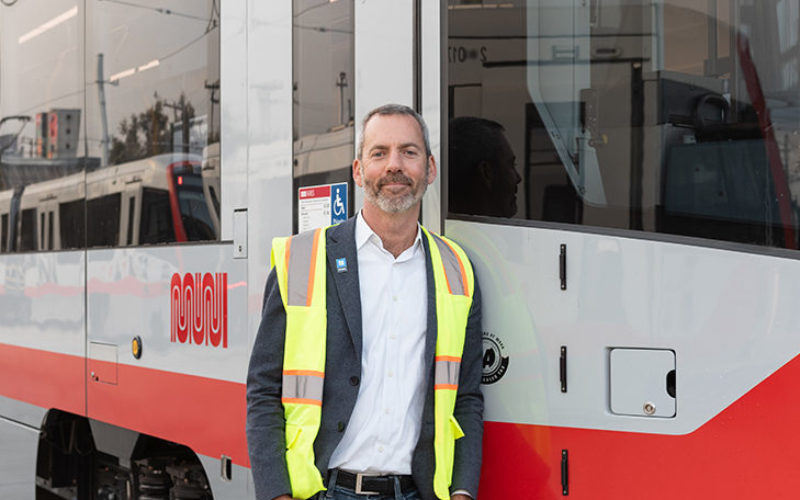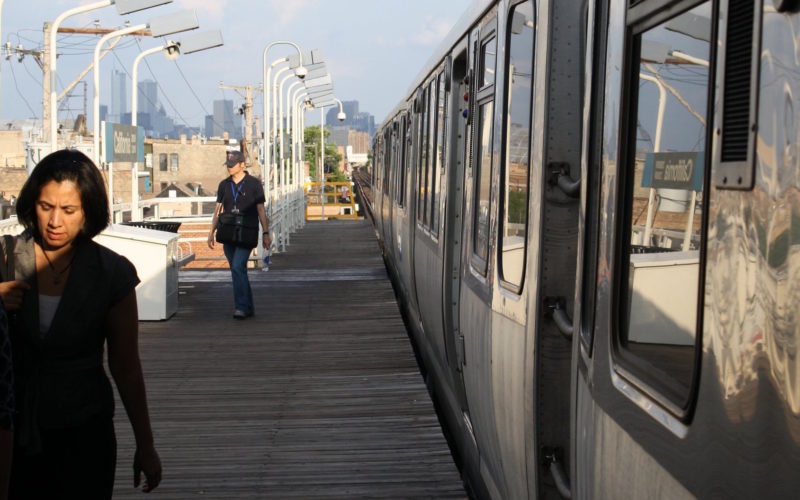While HEROES Act funding would significantly reduce anticipated shortfalls, it would still address less than a year’s worth of the expected deficit for many large and mid-sized transit agencies.
Universal mask-wearing on transit will be fundamental to managing COVID-19's spread. Portland’s TriMet and San Francisco’s BART provide an early look at how agencies are managing this shift.
Read MoreOur latest video presents guidance for service allocation decisions to meet the needs of the millions of riders who continue to rely on transit throughout the crisis.
Read MoreCOVID-19-related moratoriums on public gatherings have inevitably affected the public engagement process for transit projects. Transportation consultants and advocates are already adapting to keep rider-focused initiatives like bus network redesigns moving forward.
Read MoreAlong with urgently-needed protective equipment like N95 masks and hand sanitizer, expanded sick leave and quarantine policies are indispensable to protect the transit workforce.
Read MoreSo far, LA Metro has taken important steps to protect bus operators and plan for recovery, but the agency’s policy on fare enforcement has lacked transparency, and service allocation decisions have not aligned with the imperative to minimize crowding on board.
Read MoreTransit agencies can’t stop after switching to a weekend schedule. Further service adjustments are necessary to safely provide essential mobility.
Read MoreSFMTA has developed one of the most agile and forward-thinking responses to COVID-19 among U.S. transit agencies.
Read MoreFor the ten U.S. regions with the most transit ridership, we estimate that CARES Act funds will cover agency shortfalls for an average of 5.4 to 8.3 months. For agencies in the rest of the country, CARES Act transit funds will last 12.6 to 20.8 months, on average.
